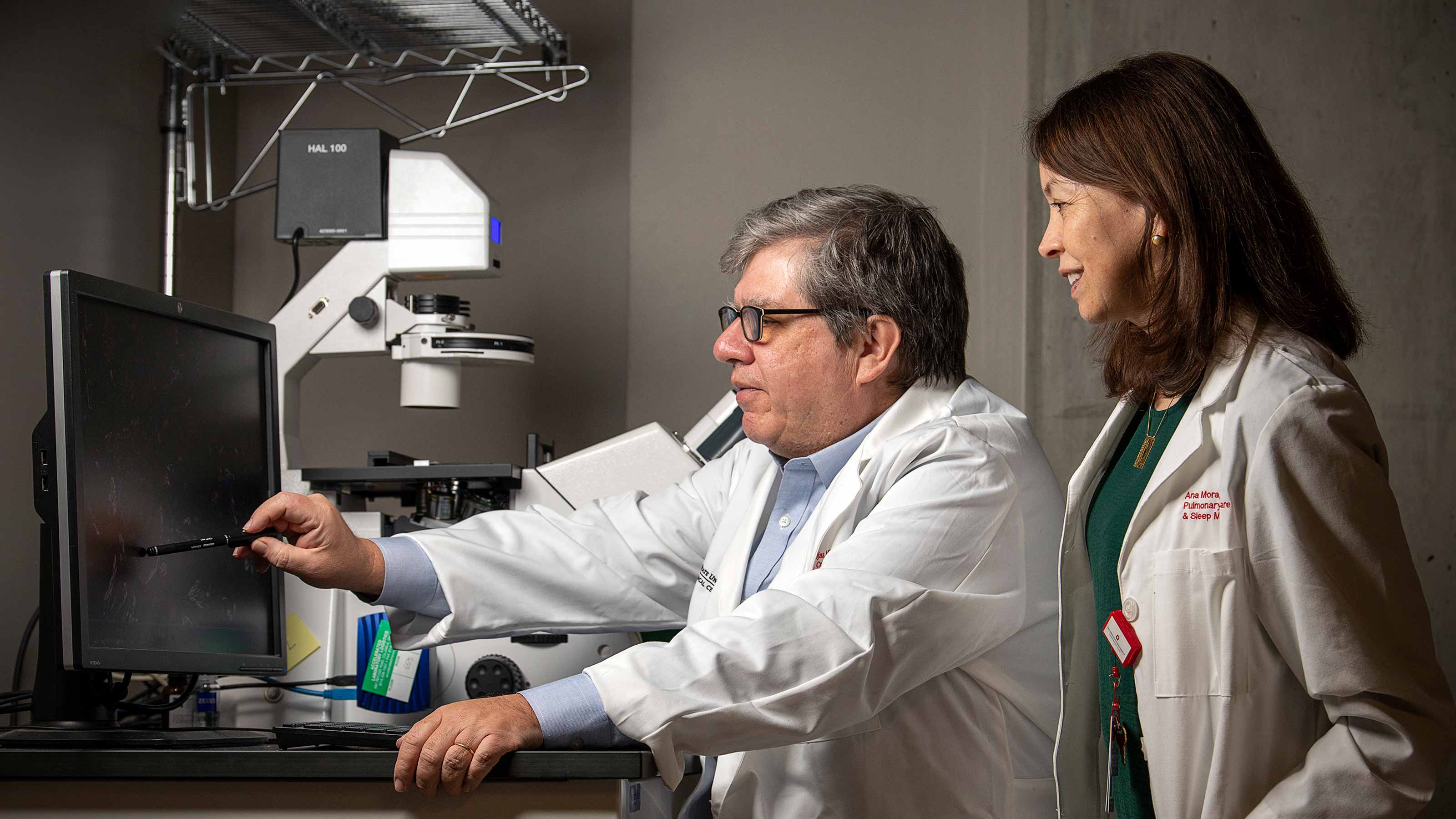
A mouse study led by The Ohio State University Wexner Medical Center and The Ohio State University College of Medicine recently revealed that when probiotics were given to pregnant mice, both the mother mouse and its offspring benefited.
The results suggest that, for pregnant humans and their children, certain probiotics can improve the metabolism of common amino acids in our diets when the probiotics are given during pregnancy, says Tamar Gur, MD, PhD, the senior study author.
“Probiotics may also help counteract the negative effects of prenatal stress,” Dr. Gur says.
How probiotics work during fetal development
Probiotics, live microorganisms that are found in naturally fermented foods, can help support healthy digestive systems and immune systems. They’re considered safe to take in supplement form during pregnancy.
One particular probiotic, Bifidobacterium dentium, might change the way our bodies process certain amino acids like tryptophan, says first study author Jeffrey Galley, PhD.
Tryptophan is perhaps most well-known for being in turkey and making you feel tired. Turkey doesn’t actually have large amounts of tryptophan compared to other foods, and your Thanksgiving-dinner sluggishness may really be due to eating a large meal. But tryptophan does affect newborn sleep rhythm development, as well as the development of their brains and food intake regulation. It’s one of nine essential proteins the body needs to stay healthy, and it’s a major building block for newborn development.
During pregnancy, tryptophan can help control inflammation, too.
What Ohio State has learned about probiotics and pregnancy
Previous research from the Gur Laboratory at Ohio State found that microbes that help metabolize tryptophan decrease with stress. They’ve also examined how stress in pregnancy can lead to abnormal brain development and behavioral changes in offspring.
“We have strong evidence this specific probiotic [Bifidobacterium dentium] helped reduce stress-related problems in both mothers and their offspring, including helping the babies gain weight and improving their social behavior,” Dr. Gur says.
What’s next in research
The team’s next goal, Dr. Gur says, is to understand the mechanisms behind the changes they observed in mice, and look at ways to prevent those changes or treat them.
“Since prenatal stress is common in many pregnancies, we want to develop methods to reduce its negative effects.”
The study is published online in the journal Brain, Behavior, and Immunity.

When you give to The Ohio State University Wexner Medical Center, you’re helping improve lives
We’re committed to making advancements in research, education and patient care that will have an impact throughout Ohio and the world.
Ways to Give



